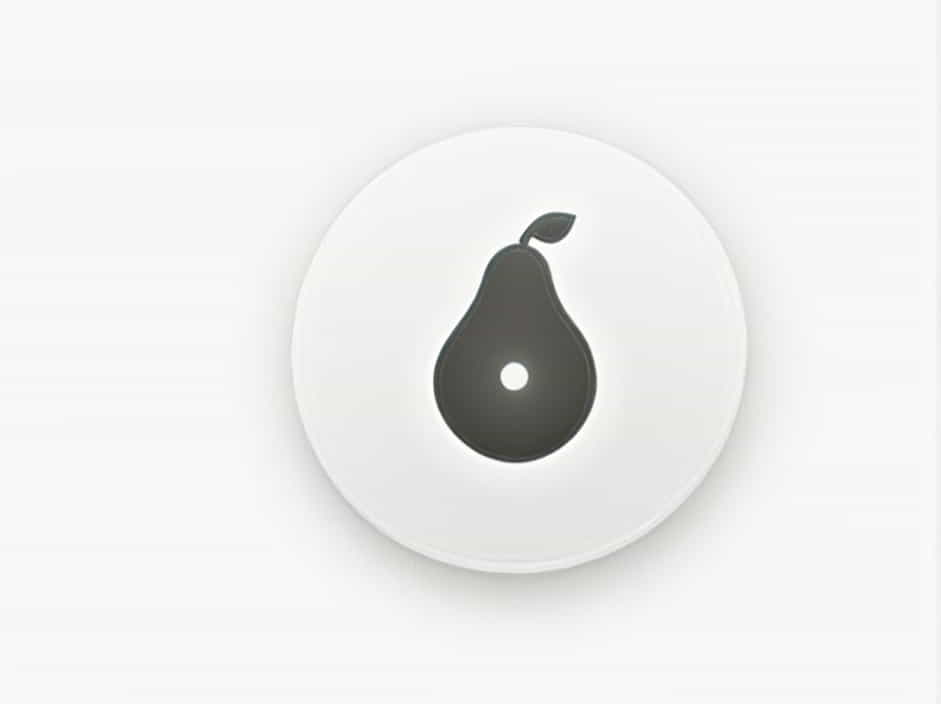Energy is a fundamental concept in physics, chemistry, and nutrition. It is the ability to do work, and it can be measured in different units depending on the field of study. Two of the most commonly used units of energy are joules (J) and calories (cal).
The joule (J) is the standard unit of energy in the International System of Units (SI), while the calorie (cal) is often used in nutrition and thermodynamics. Understanding how to convert between these units is important for various applications, including food energy, physics, and engineering.
What Is a Joule?
A joule (J) is the amount of energy required to perform one newton-meter of work. This means that applying a force of one newton over a distance of one meter requires one joule of energy.
Mathematically, the joule is defined as:
Since **one newton (N) is equal to kg cdot m/s^2 **, a joule can also be written as:
This unit is widely used in mechanics, electricity, and thermodynamics.
Examples of One Joule in Everyday Life
✔ Lifting an Apple: Raising a small apple (about 100 grams) by 1 meter requires approximately 1 joule of energy.
✔ Light Bulb Energy Consumption: A 1-watt light bulb consumes 1 joule per second.
✔ Heat Energy: Heating 1 gram of water by 0.24°C requires about 1 joule of energy.
What Is a Calorie?
A calorie (cal) is a unit of energy that was originally defined as the amount of heat required to raise the temperature of 1 gram of water by 1°C.
There are two types of calories commonly used:
-
Small calorie (cal) – Also known as the gram calorie, this is used in physics and chemistry.
-
Large calorie (Cal or kcal) – Also known as the kilocalorie, this is used in nutrition and is equal to 1,000 small calories.
Mathematically:
This is why food energy is typically measured in kilocalories (kcal) but is often referred to as simply calories.
One Joule Is Equal to How Many Calories?
To convert joules to calories, we use the following equation:
or in reverse:
This means that one joule is equal to approximately 0.239 calories.
Step-by-Step Conversion
-
Definition of calorie in joules:
1 cal = 4.184 J -
Rearrange the equation to find how many calories are in one joule:
1 J = frac{1}{4.184} cal -
Solving for calories:
1 J = 0.239 cal
Thus, one joule is equal to approximately 0.239 calories.
Practical Examples of the Joule-to-Calorie Conversion
1. Energy in a Small Snack
If a food item contains 100 kcal (100,000 cal), in joules this is:
So, a 100 kcal snack contains approximately 418.4 kilojoules (kJ) of energy.
2. Human Daily Energy Requirement
The average daily energy intake for an adult is around 2,000 kcal. In joules, this is:
or approximately 8.37 megajoules (MJ).
3. Energy Burned During Exercise
A person running for 30 minutes might burn 300 kcal. In joules, this is:
or approximately 1.26 megajoules (MJ).
Why Use Joules Instead of Calories?
While calories are commonly used in nutrition, the joule is the preferred unit in science and engineering.
Advantages of Using Joules
✔ Standardized SI Unit: The joule is the official energy unit in the International System of Units (SI).
✔ More Versatile: Joules can be used in a wide range of scientific and technical applications, including mechanics, thermodynamics, and electricity.
✔ Easier for Large-Scale Calculations: For high-energy systems, such as industrial processes and physics experiments, joules are more practical than calories.
Comparison of Joules and Calories
| Feature | Joule (J) | Calorie (cal) |
|---|---|---|
| Measurement System | SI (International System) | Thermodynamics, Nutrition |
| Definition | 1 N·m (work done by force over a distance) | Energy required to raise 1g of water by 1°C |
| Equivalent in Other Units | $1 J = 0.239 cal$ | $1 cal = 4.184 J$ |
| Common Use | Physics, Engineering, Thermodynamics | Food Energy, Heat Calculations |
This table highlights that joules are more commonly used in scientific contexts, while calories are used for food and heat-related calculations.
Other Energy Conversions Related to Joules and Calories
Energy can also be converted into other units:
✔ Kilocalories (kcal) to Joules:
✔ Kilojoules (kJ) to Calories:
✔ Watt-Hours (Wh) to Joules:
This shows how energy conversions apply across different scientific disciplines.
Understanding the relationship between joules and calories is essential in physics, chemistry, nutrition, and engineering.
✔ 1 joule is equal to approximately 0.239 calories.
✔ Calories are commonly used in nutrition and thermodynamics, while joules are the standard unit in science and engineering.
✔ Food energy, exercise, and heat calculations often involve converting between joules and calories.
✔ 1 kcal (1,000 calories) is equal to 4,184 joules.
By mastering these conversions, you can easily interpret energy values in different contexts, from food labels to scientific equations.
